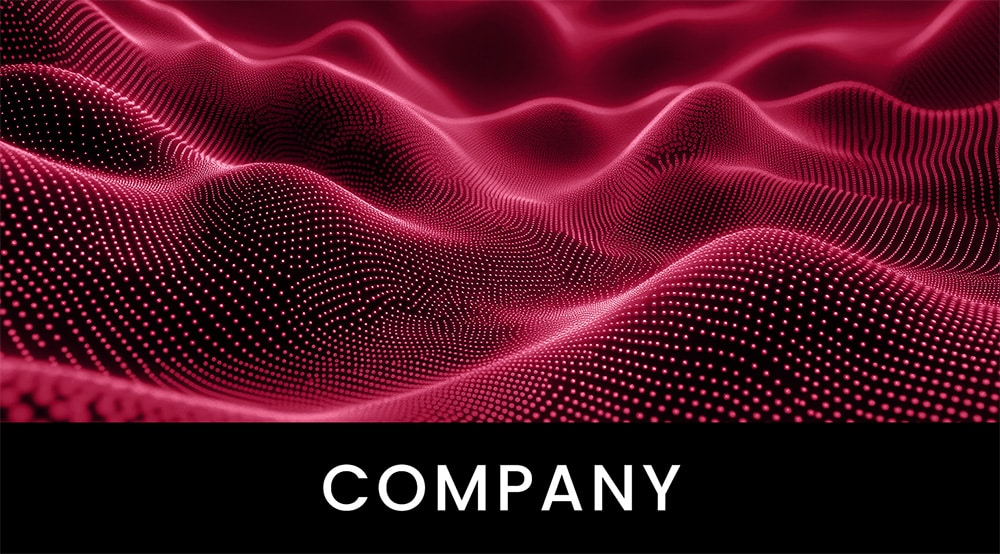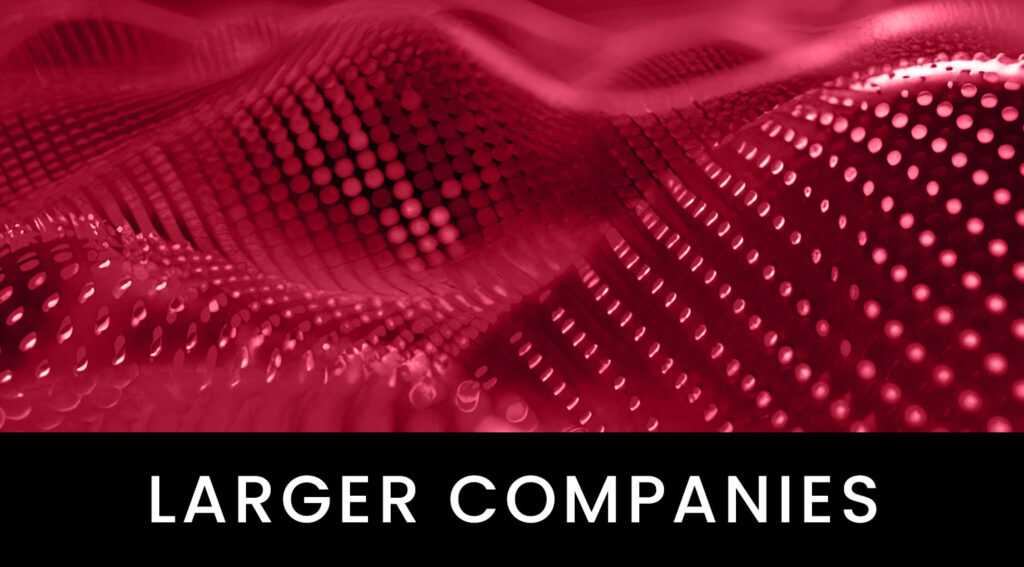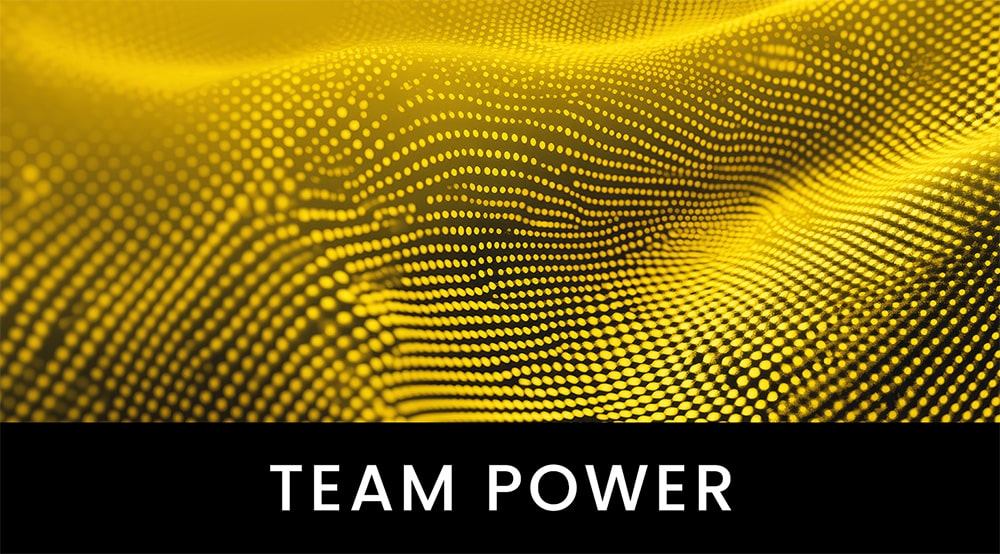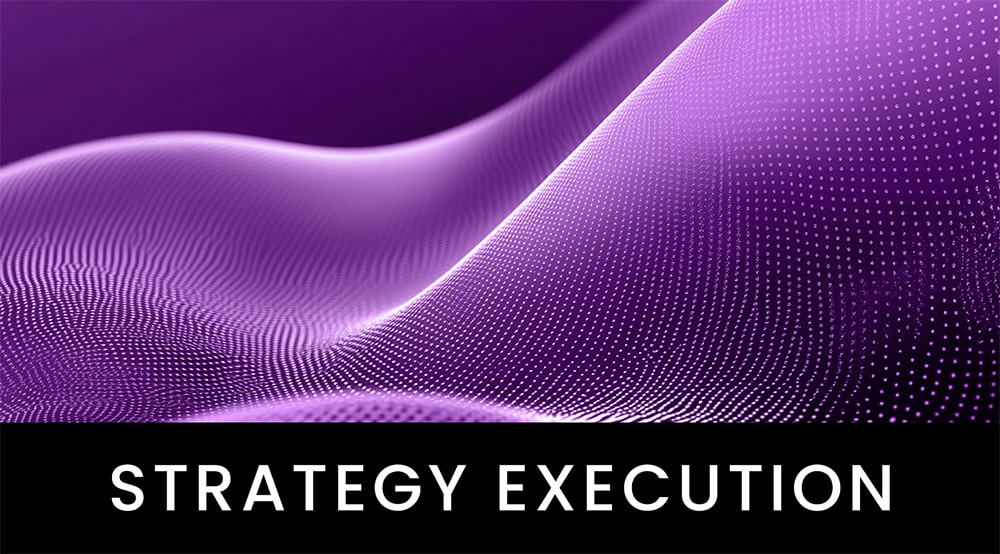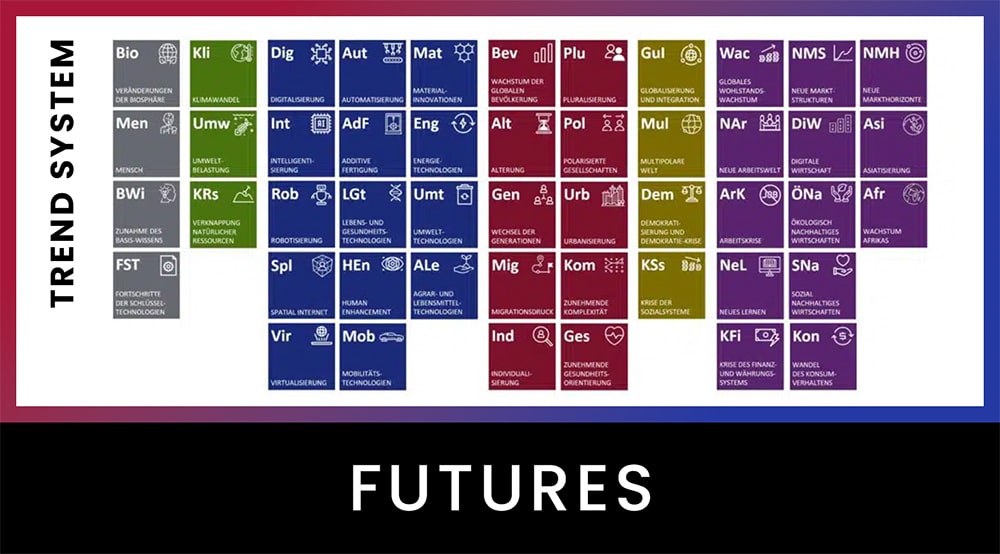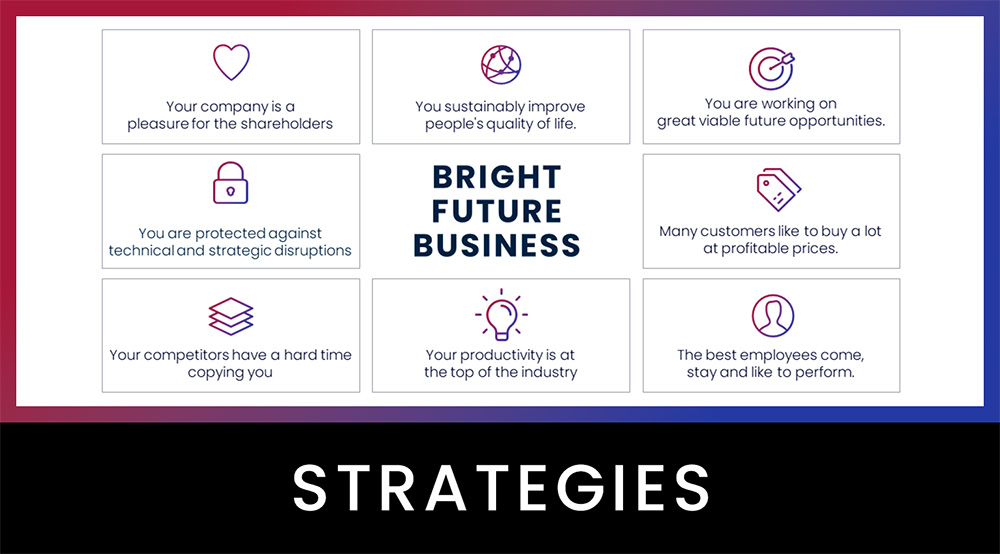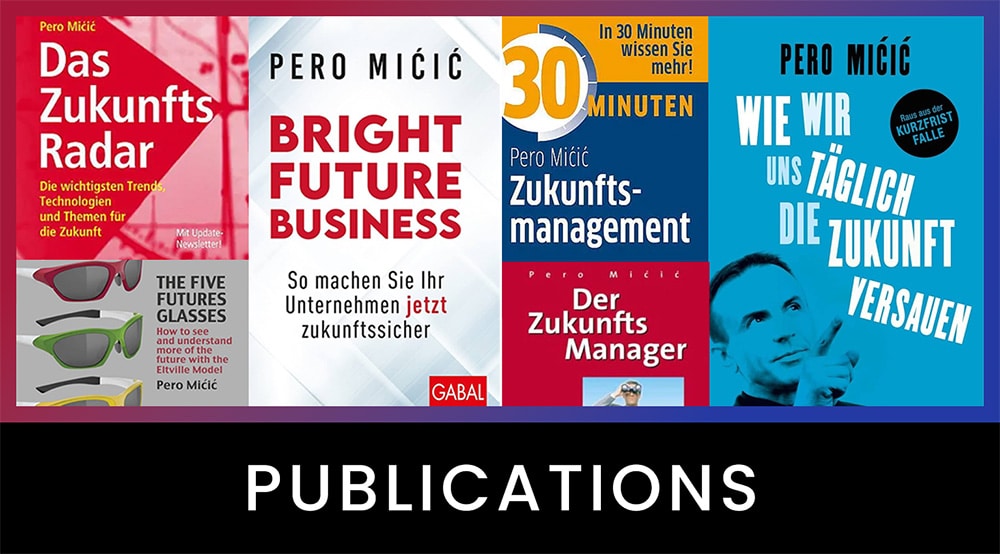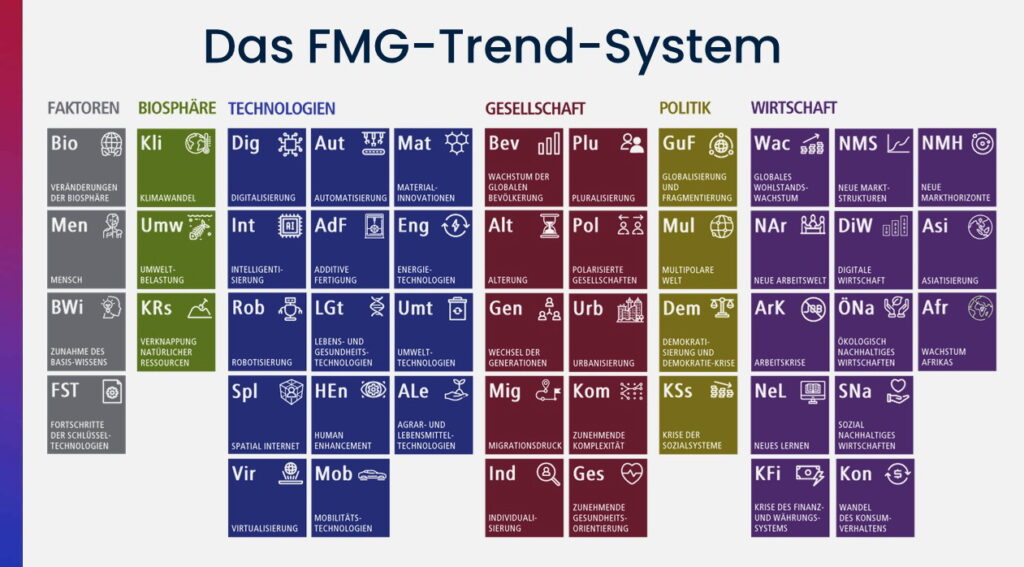Megatrend Increasing complexity
From the FMG Trend System: For your future-proof company
Increasing complexity remains a challenge
The world is becoming more complex. More people, more technologies, more data, more options, but also more uncertainty, excessive demands and pressure to change. The megatrend of increasing complexity describes a development that challenges companies, societies and individuals alike. It is no longer just about making the right decision, but about the ability to remain capable of acting in the face of uncertainty.
Increasing complexity is not simply “more” information, options or players. It describes the increasing interconnectedness and dynamics of systems in business, politics, technology and society. Cause and effect are becoming increasingly difficult to assign. Decisions take effect more quickly, often globally, and have to be made at high speed. To the overview of all megatrends
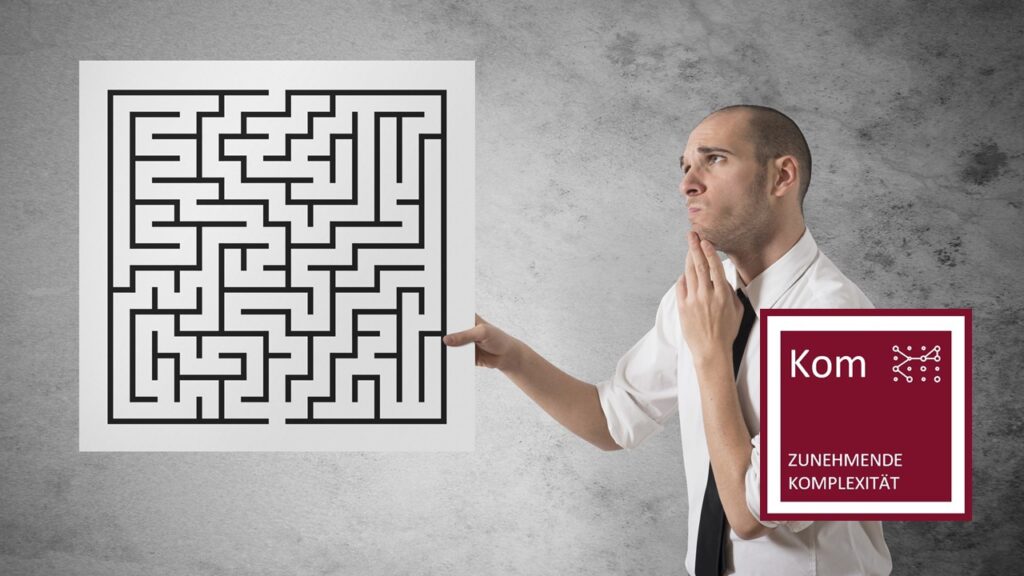
What does increasing complexity mean for companies?
For companies, increasing complexity means one thing above all: adaptability is becoming a key competence. Customers are demanding ever more individualized solutions, employees expect more autonomy and markets are changing in ever shorter cycles. Traditional five-year planning has had its day; instead, agile structures, decentralized decisions and fast learning cycles are in demand.
At the same time, complexity within organizations is increasing. Employees, especially younger men and women, who strive for self-optimization and seek meaning, are under constant pressure to make decisions. Clear values, simple processes and credible communication are therefore becoming strategic assets. Companies that manage to reduce complexity instead of creating it gain trust, talent and customers.
And: a convincing mission and an attractive vision are the strongest levers for reducing complexity to a manageable level. Those who know why they are acting can make better decisions, prioritize and lead, especially in dynamic times.
- Societies are changing profoundly, in their structure, their values and their behavior. The megatrend of increasing complexity is just one of many that could be relevant for the future of your business.
- FMG’s trend system makes these complex social developments tangible.
- In addition to megatrends from society, politics, the economy, technology and the biosphere, it also includes future factors as drivers of change.
- You can find out more about megatrends on our page Overview of all megatrends
Key developments of increasing complexity
1. acceleration
The pace is increasing in almost all areas of life and work. Product cycles are becoming shorter, processes are accelerating and decisions have to be made “on demand”. Digitalization, automation and global networking act as additional catalysts. Companies are forced to continuously adapt their structures and working methods.
Subtrends:
Real-time economy: More and more business models, services and products are being designed in such a way that they are available in real time or almost immediately. Whether same-day delivery, instant payments or live data analysis – the expectation of speed and immediate results is shaping markets and customer behavior.
- Agile forms of organization: Companies are responding to the increasing pace with more flexible structures. Agile methods, cross-functional teams and iterative working methods are becoming the norm in order to react more quickly to changes and drive innovation.
Growing desire to slow down: Offers that enable peace, serenity and conscious breaks are gaining in importance and are increasingly perceived as valuable and appreciated.
2. increasing variety of options
In the multi-option society, almost anything is possible: studies, career paths, lifestyles, leisure activities, product choices. But as diversity increases, clarity often decreases. For companies, this means that they have to offer guidance, make decisions easier and be individually adaptable.
Subtrends:
Life management: People, especially young fathers and mothers, are specifically looking for tools, strategies and services to organize their everyday lives efficiently and with less stress.
Flexibilization of life models: Traditional biographies are increasingly giving way to individually designed employment and life phases, and companies must respond to this.
Value-based brand management: Customers and employees expect attitude and social positioning. Brands become navigation points.
3. spiritualization
The more the world is shaped by technology, data and systems, the stronger the need for meaning, depth and inner orientation grows for many people. Spiritualization is a response to rationalization, not only in the private sphere, but also in consumption, tourism and leadership.
Subtrends:
Loss of orientation due to information overload: Despite constant access to knowledge, many people lack a reliable inner compass.
Searching for meaning at work: More and more employees expect more than just income from their work, but also identification and a contribution to something bigger.
4. increasing risk of excessive demands
The growing complexity creates a vague feeling of “being lost” for many people: Information, role models, norms and opportunities are fragmenting and clear points of reference are being lost.
As a result, the need for orientation, clarity and simplicity is increasing. People are looking for structures that relieve them without being patronizing. This applies not only to consumer decisions, but also to lifestyles, values and ideas about the future.
Without suitable coping strategies, there is a risk of excessive demands, withdrawal and blockage, both individually and organizationally. Companies that create clarity, priorities and trust give their customers and employees a real promise of performance.
Subtrends:
Increasing simplification: Products, services and processes that visibly reduce complexity are gaining relevance – through intuitive operation, clear language and focused selection.
Mental relief as a promise of effectiveness: Offers that create orientation, structure or emotional security address a central basic need of modern societies.
Vision-centered leadership: Leaders who embody long-term goals and values offer stability – especially in phases of excessive dynamism or uncertainty.
Curated thinking: People are increasingly relying on filters, rankings and recommendations to make decisions – instead of thoroughly weighing up alternatives.
Loss of orientation: The growing uncertainty caused by over-information and lack of clarity leads to stress, misunderstandings and conflicts – in teams, in organizations and in society.
Conclusion: What remains?
Reducing complexity is not achieved by simplifying reality, but through intelligent navigation.
Companies must learn to remain capable of acting in times of uncertainty. Flexibility is more important than predictability.
The world is becoming more complex, faster and more confusing – for companies as well as for customers and employees.
Orientation, clarity and meaning are becoming increasingly important as strategic resources in the competition for attention, trust and future viability.
The Future Radar Program of FMG offers companies precisely this strategic navigation – it provides orientation, makes the future manageable and promotes clear decisions in a complex environment.

